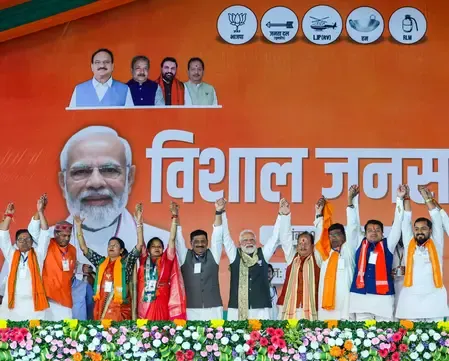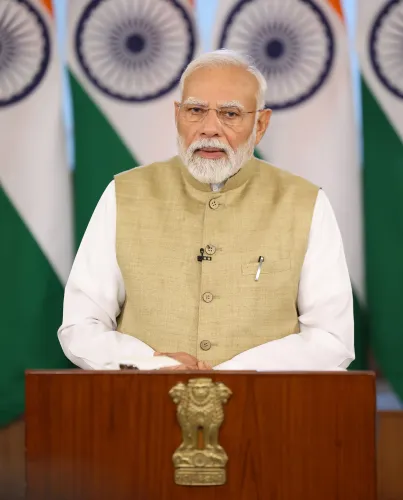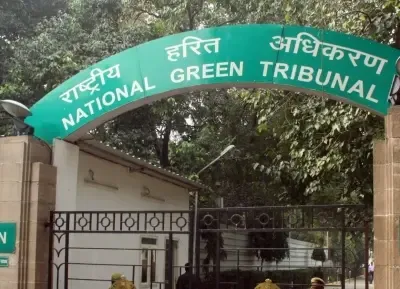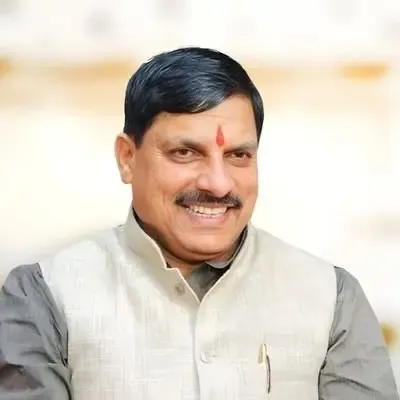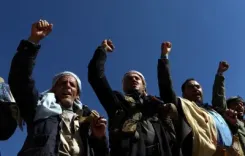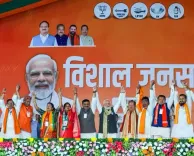Why Did the Karnataka HC Reject Prajwal Revanna's Request to Transfer His Case?
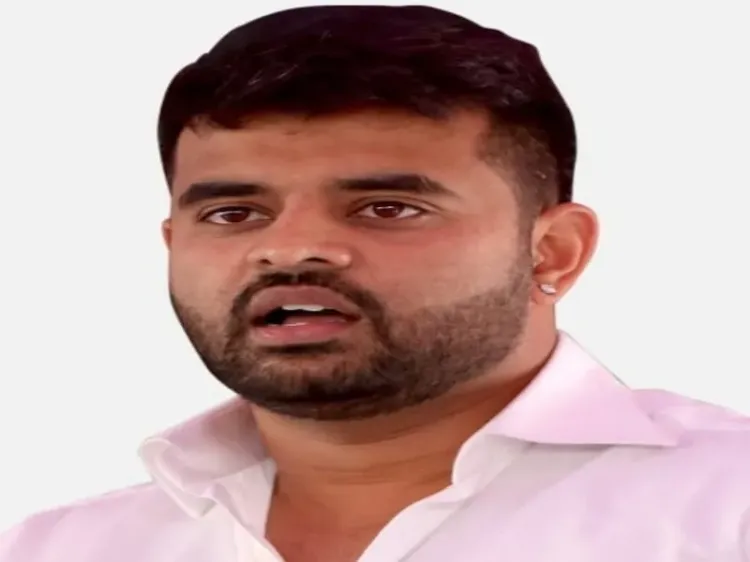
Synopsis
Key Takeaways
- Karnataka High Court denies plea for case transfer.
- Prajwal Revanna faces serious charges including rape.
- The ruling reinforces judicial accountability for elected officials.
- Claims of bias were dismissed by the court.
- The Special Court for MLAs/MPs plays a critical role in handling such cases.
Bengaluru, Sep 24 (NationPress) The Karnataka High Court has dismissed the application from Prajwal Revanna, a former JD-S MP and the grandson of former Prime Minister H.D. Deve Gowda, seeking to move his controversial sex CD and rape case from the Special Court for MLAs/MPs in Bengaluru to another venue.
Prajwal Revanna argued that the presiding judge exhibited bias against him.
The bench, led by Justice M.I. Arun, issued the ruling, rejecting the plea.
Prajwal Revanna filed his request under Section 408 of the CrPC, asking for a transfer of his case.
However, the bench affirmed that the Special Court for MLAs/MPs was specifically established to handle trials concerning allegations against elected officials.
The bench also pointed out that the High Court had previously admonished Prajwal Revanna's lawyer for delaying trial proceedings.
His attorney claimed that the presiding judge was biased toward his client and noted that his objections regarding the fairness of the trial were overlooked in the order.
"I am not circumventing the judge's authority. I am requesting a transfer," he stated.
He further argued that the court should recognize the reasonable fear of bias expressed by Prajwal Revanna. It was highlighted that the trial court had scolded the lawyer representing the petitioner, and the evidence in the case was inadequately assessed, with the court referencing evidence from unrelated cases.
The state contended that the documents did not substantiate any claims of bias from the presiding judge against the petitioner. The state also indicated that the petitioner appeared to be excessively anxious or disturbed after receiving a conviction in one of the cases.
Justice M.I. Arun remarked that the trial court was endeavoring to conduct the proceedings continuously, day by day. In this regard, any requests for postponements or delays by the petitioner were rightly disapproved.
Although some comments in the trial court’s ruling might seem severe, they do not imply bias from the presiding judge. The judge also noted that the petitioner had attempted to delay the proceedings, which the trial court appropriately rejected.
In a significant development, the Special Court for MPs/MLAs in Bengaluru sentenced Prajwal Revanna to life imprisonment until death on August 2 and imposed a fine of Rs 10 lakh in relation to an obscene video and a rape case involving a 47-year-old woman.
Judge Santosh Gajanana Bhat announced the sentence, convicting Prajwal Revanna of life imprisonment under IPC Section 376 (2) (N) for repeated rape and a Rs 5 lakh fine.
The court also imposed life imprisonment and a Rs 5 lakh fine under IPC Section 376 (2) (k) for committing rape while in a position of control over a woman.
The court ordered that the Rs 7 lakh fine be collected from Prajwal Revanna for the victim.
When the punishment was announced, Prajwal Revanna stood before the court with his hands joined.
He has been convicted under multiple sections of the IPC, including 376 (2) (N) for repeatedly raping the same woman and 376 (2) (K) for exploiting a position of dominance to commit rape, as well as 354 (B) for using criminal force to disrobe a woman, 354 (C) for voyeurism, and IT Act 66 (E) for violating privacy.
Additionally, he faces three more charges of a similar nature.
Prajwal Revanna expressed deep emotion and broke down in court while delivering a statement before sentencing.
He questioned: "Why did this case emerge during the elections? No complaints were made against me when I was an MP. They now accuse me of multiple sexual assaults. Why did no one come forward before?"
He further asserted: "The police orchestrated this. This is politically motivated. I will accept the court's decision. I haven’t seen my parents for six months."
When Judge Santosh Bhat inquired about his educational background, Prajwal Revanna stated that he studied Mechanical Engineering. "You can verify my academic records. I am a distinguished student. My only error was advancing too quickly in politics. I won’t blame the media," he concluded.

